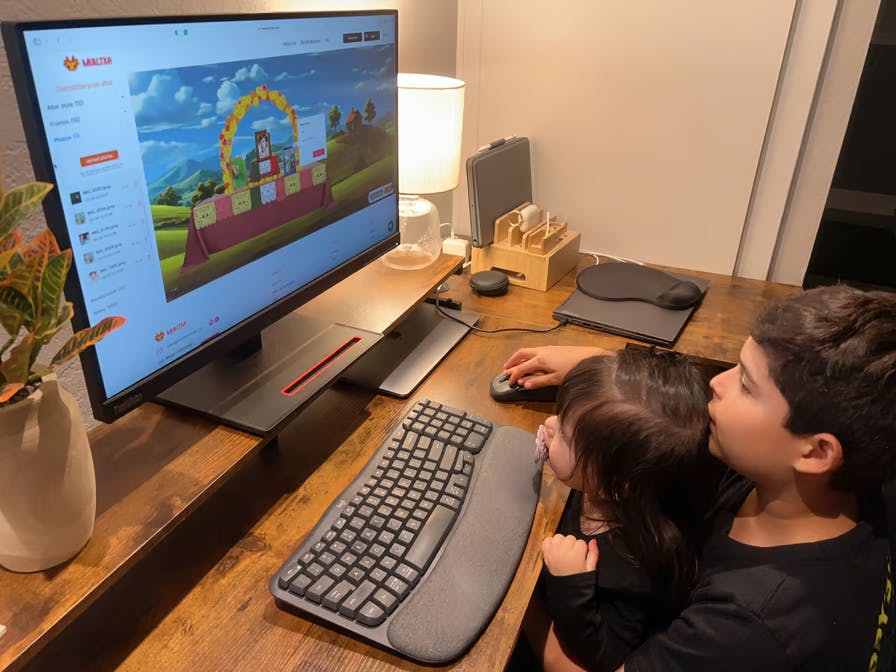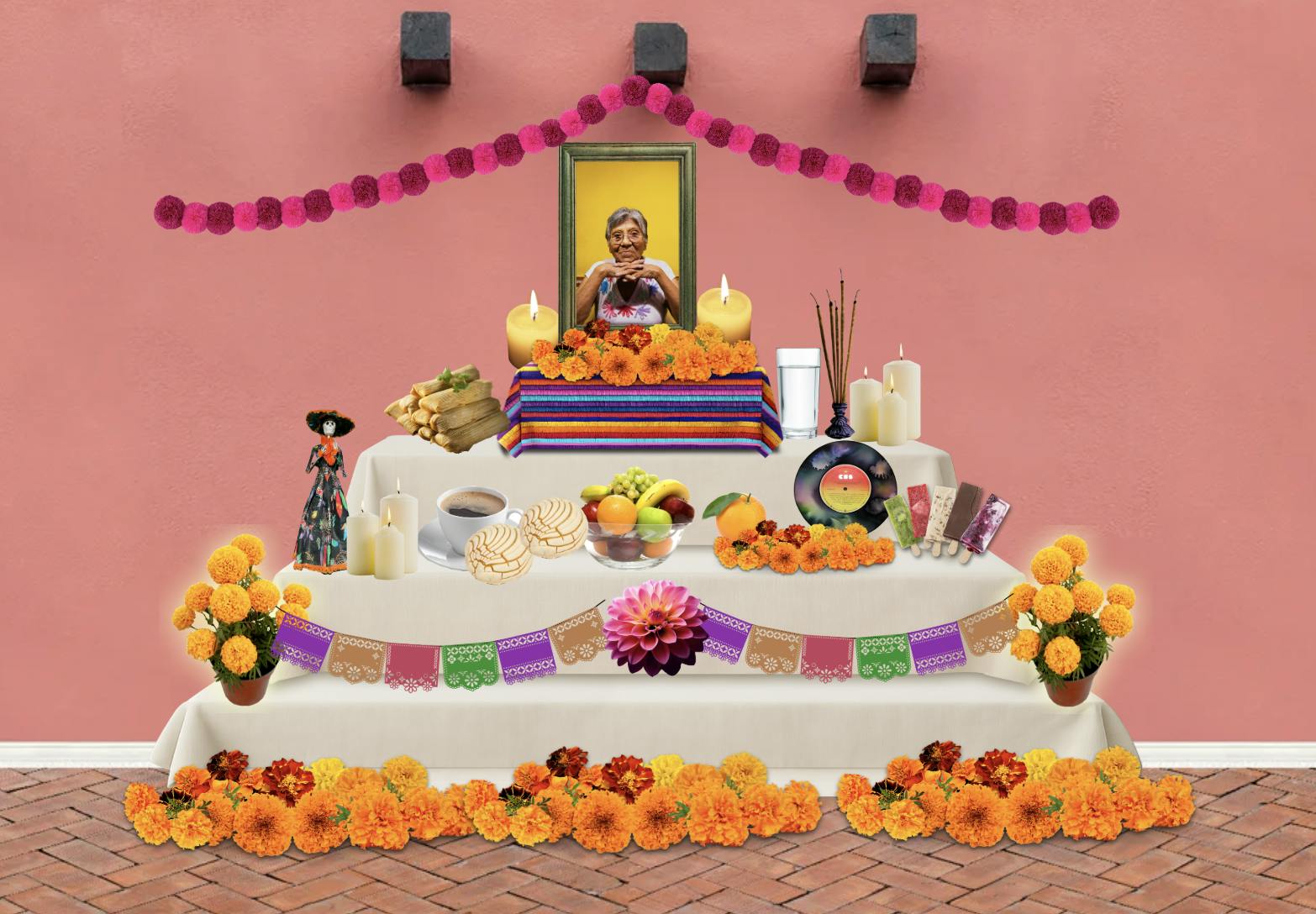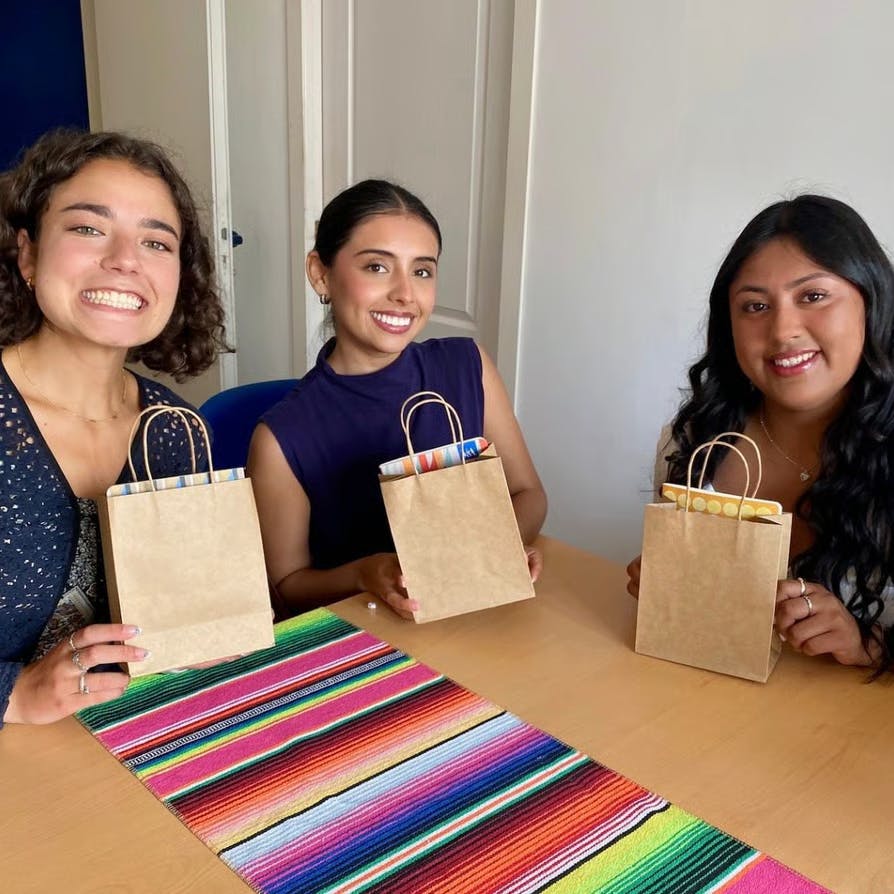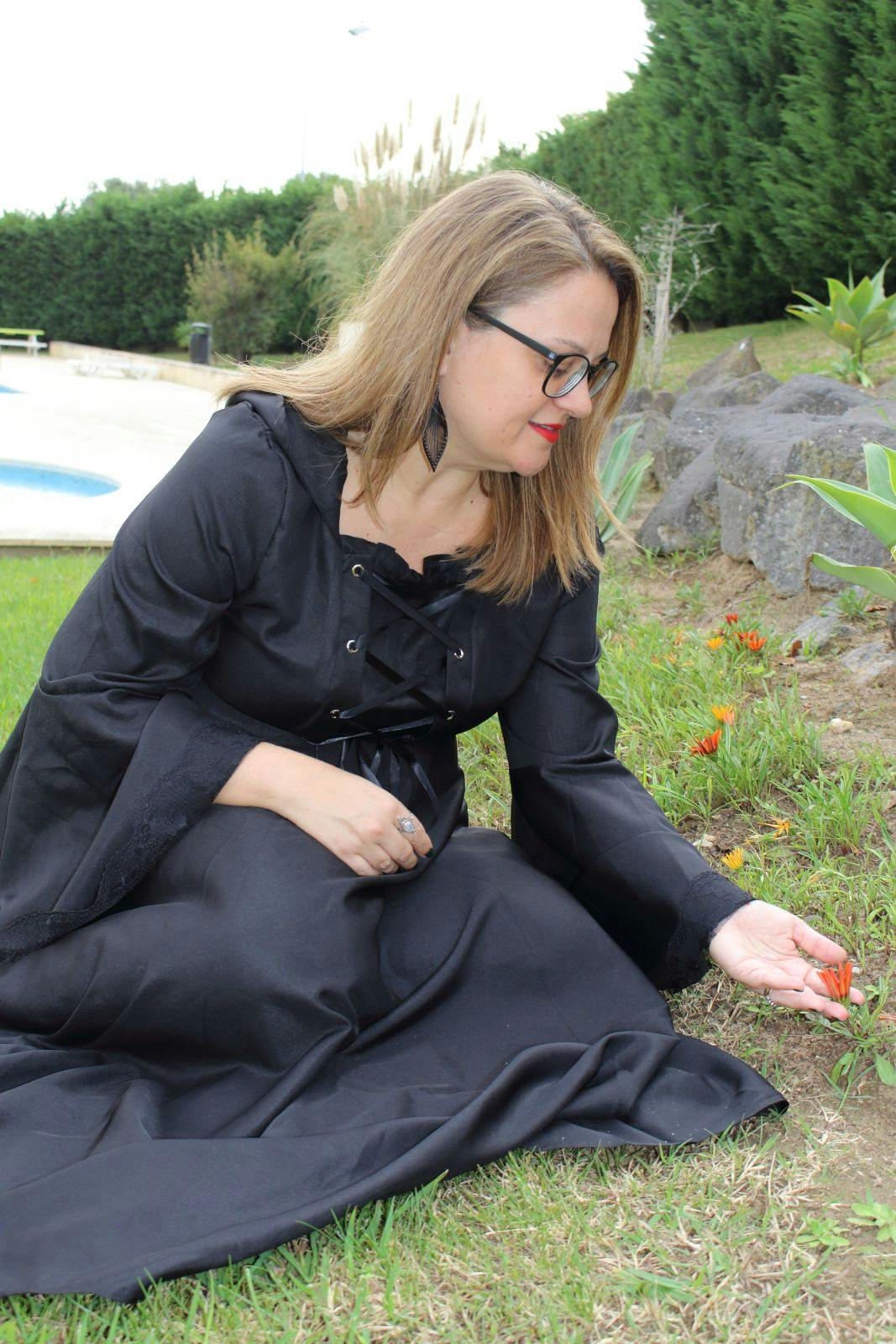
🕯️
🌼
Heritage and Healing: Supporting Grieving Children During Childhood Grief Awareness Month
📅
By Guest Blogger, Angie Cruz, DSW-C, LCSW
The month of November begins with the culturally rich tradition of Día de los Muertos, a time to honor and celebrate the lives of those who have passed. But November 1st also marks the start of Childhood Grief Awareness Month, a reminder of the countless children navigating the complex journey of loss (National Alliance for Grieving Children, n.d.). These children often find themselves grieving in silence, yet their experiences are profoundly shaped by the cultural traditions that surround them.
This November, as we observe Childhood Grief Awareness Month, we must turn our hearts toward the children grappling with profound losses. Childhood grief is different from adult grief in that children often lack the emotional vocabulary and life experience to fully express or understand their feelings. Grief in children is not simply a wave of sadness but an intricate emotional lifelong journey, shaped deeply by the cultural roots that hold their identity. When a child loses a parent, a sibling, or a close loved one, their grief unfolds within the unique framework of their cultural background, and we must recognize this (Stevenson & Cox, 2017, p.45).
Grief is universal, but how it manifests is anything but. It is colored by tradition, belief systems, and family customs, creating a deeply personal experience for every child. For children from diverse or marginalized communities, their grief is further intertwined with rituals, spiritual perspectives, and societal expectations that define how loss is perceived. In some cultures, death is a spiritual passage marked by celebration and ritual; in others, grief may be more private, held in silence and reflection.


